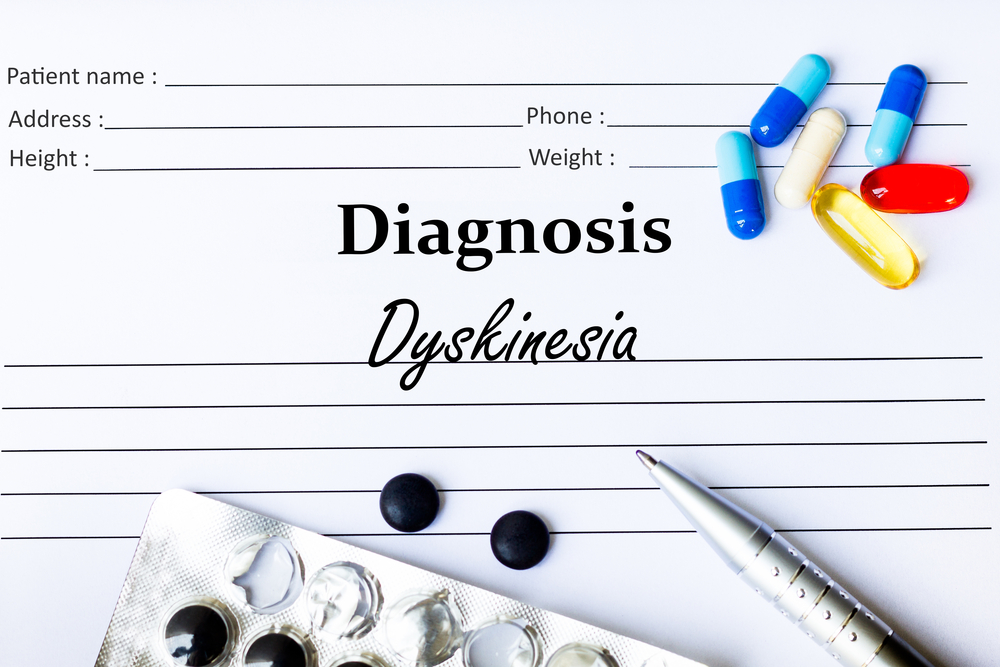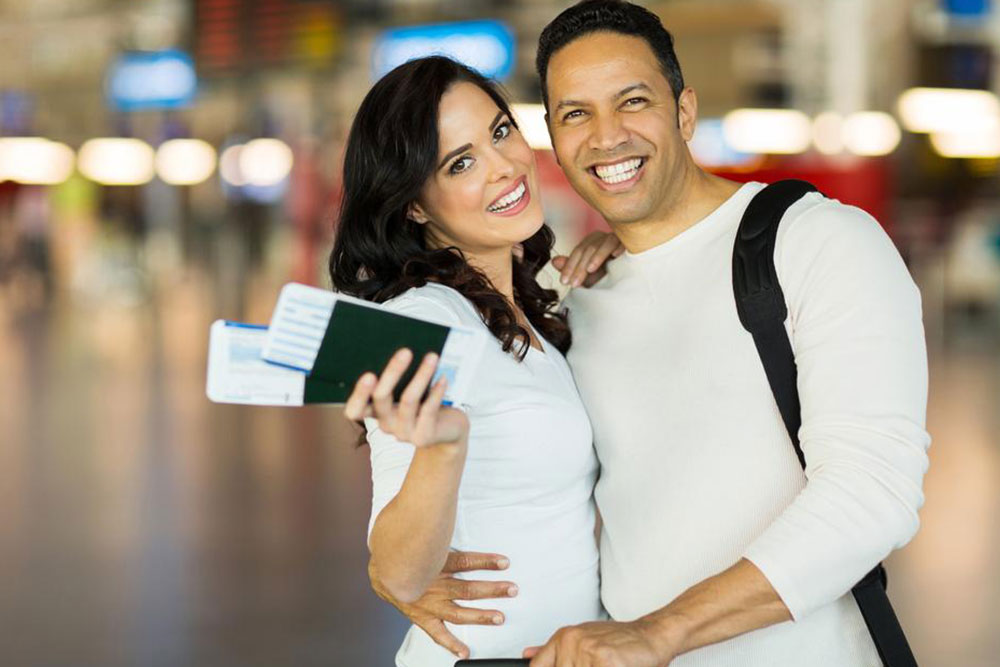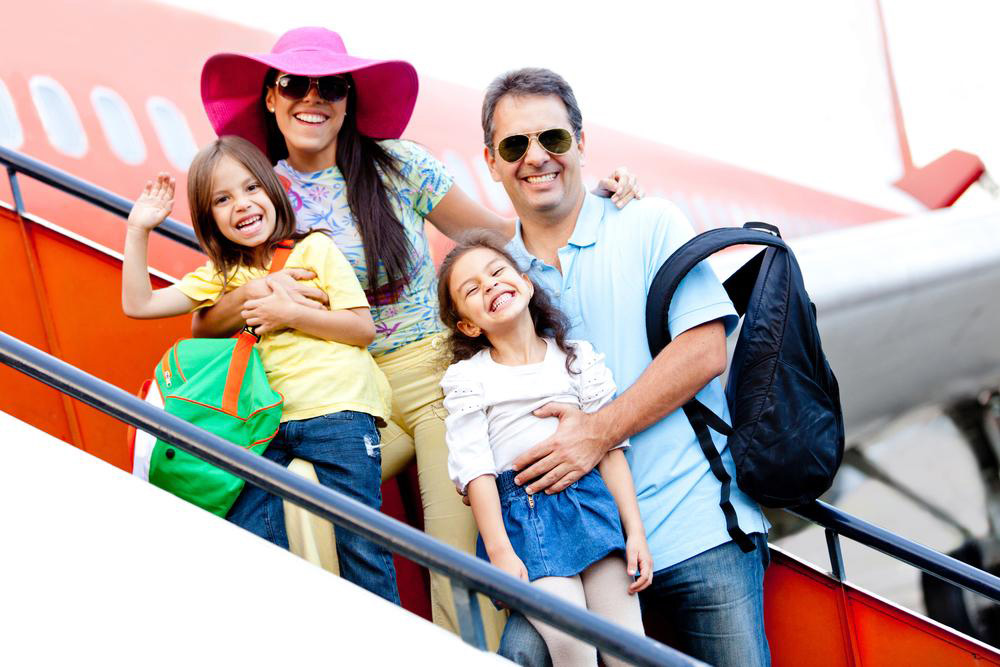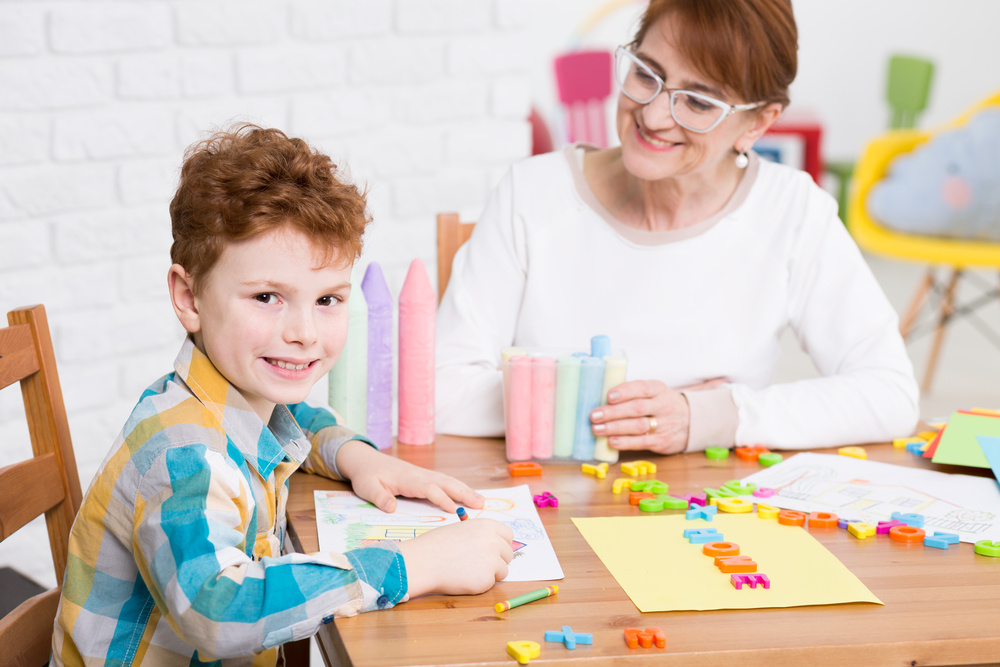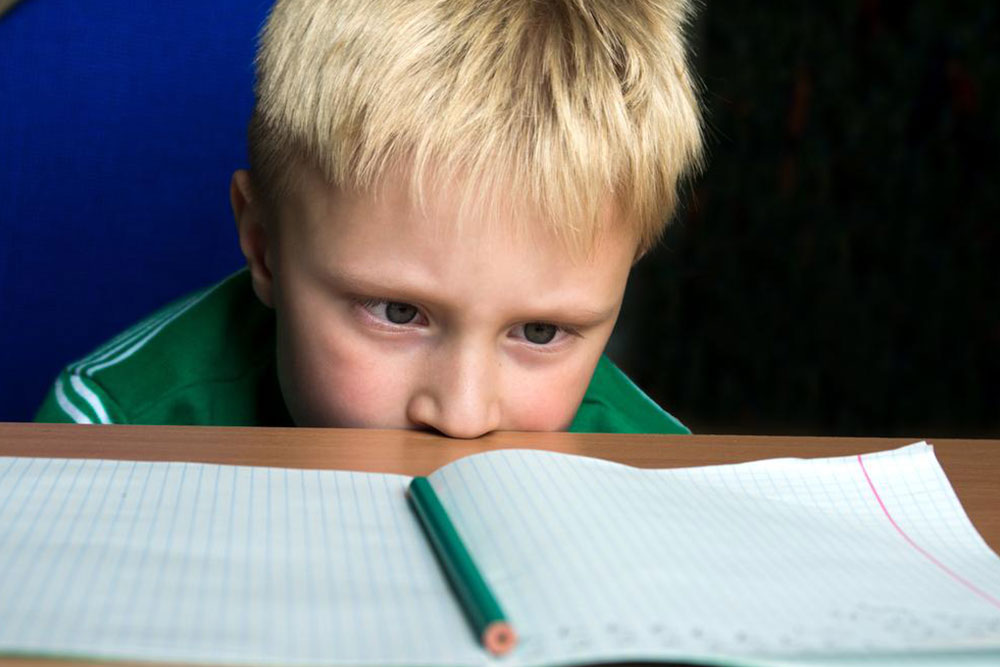Essential Tips for Traveling with Children Who Have ADHD
Traveling with a child who has ADHD requires careful planning. By preparing in advance, scheduling regular breaks, incorporating engaging activities, and using positive reinforcement, parents can create a smoother and more enjoyable journey. Proper medication management and relaxation techniques further enhance the experience, ensuring children stay calm and cooperative throughout the trip.
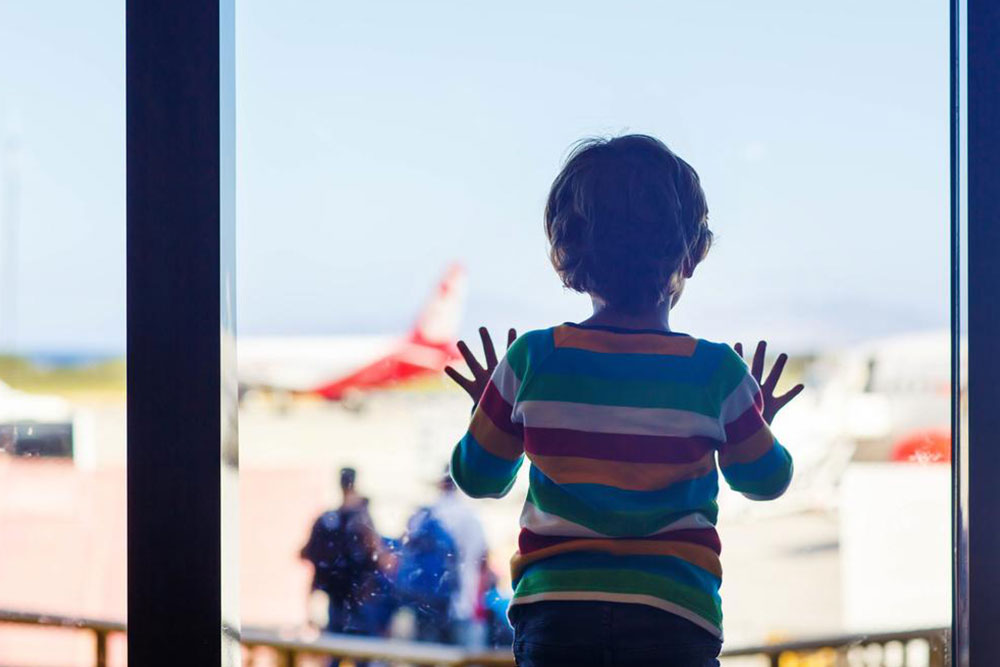
Essential Tips for Traveling with Children Who Have ADHD
Traveling with a child diagnosed with ADHD can be challenging due to disruptions in their routine. However, with proper planning, you can turn your trip into an enjoyable experience. Here are key strategies to ensure your child remains happy and engaged during your journey.
Preparation:
Children with ADHD prefer predictable routines. Prior to your trip, discuss your travel plans with your child. Explain the destination and the activities planned so they are informed and feel involved, reducing anxiety. Include their suggestions and offer multiple options to give them a sense of control.
Plan your travel schedule with regular breaks every two hours. Allow your child to play or stretch during these stops to help reset their focus. If you have connecting flights, choose longer layovers for meals and relaxation. Walking around the airport instead of sitting can also help keep your child centered. Incorporate bathroom, meal, and nap times into your plan to keep things organized. To keep your child entertained during travel, bring interactive toys and games to prevent frustration and impatience.
Medication:
If your child takes medication for ADHD, pack all necessary prescriptions and keep them accessible, not checked-in. Carry enough medication to last the entire trip and consider keeping a copy of the prescription for safety.
Relaxation Strategies:
Use calming techniques to help your child manage frustration. Encourage them to communicate when upset and remind them of travel rules. Engage them in games or puzzles if they become restless from sitting for long periods.
Positive Reinforcement:
Recognize and praise your child's good behavior to boost confidence and encourage cooperation. Use reward charts or small treats to motivate them for following travel guidelines and displaying positive behavior.


